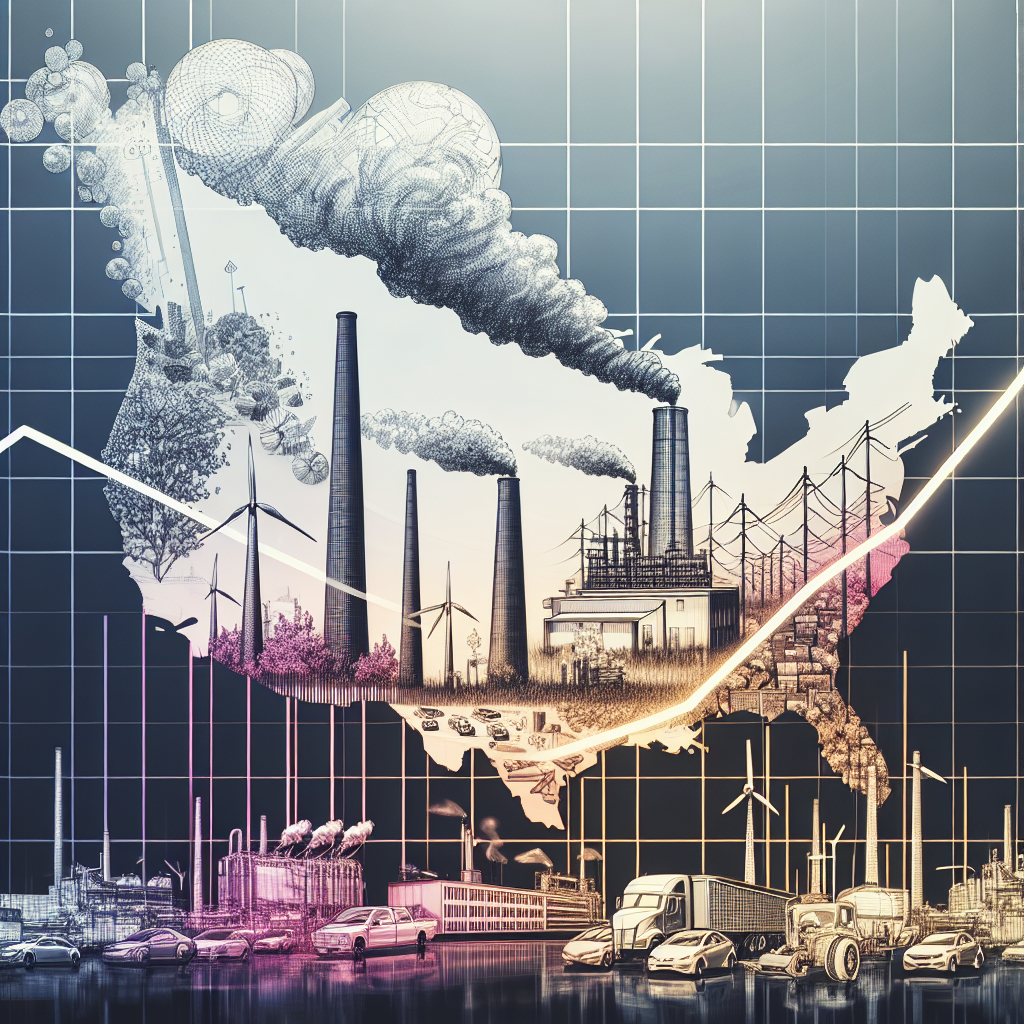U.S. Targets Nitrous Oxide Emissions in New Climate Strategy
The Biden administration aims to reduce industrial greenhouse gases like nitrous oxide to combat climate change, following U.S. measures to decrease methane emissions. The initiative includes voluntary efforts from companies and a $300 million commitment for the Global Methane Hub. Experts emphasize the urgency of addressing these potent pollutants.

The Biden administration on Tuesday announced plans to curb U.S. emissions of potent industrial greenhouse gases such as nitrous oxide, marking a new phase in the national climate strategy under the Paris Agreement. This follows earlier steps to reduce methane emissions, which spurred international and domestic efforts for significant cuts.
Like methane, nitrous oxide is a potent but shorter-lived contributor to global warming. The U.S. hopes that targeting these gases will result in quick and cost-effective climate gains. "Most discussions on climate change focus on carbon dioxide, but super pollutants like methane and nitrous oxide account for half of today's climate change," said John Podesta, Senior Adviser to the President for International Climate Policy.
Industrial companies, including Ascend Performance Materials, announced voluntary efforts to cut nitrous oxide emissions during a White House event on Tuesday. These emissions stem from various sources, including the production of certain fertilizers and synthetic materials like nylon.
A State Department official told Reuters that reducing nitrous oxide emissions can cost as little as $10 per metric ton through projects in the voluntary carbon offset market. Last year, the U.S. and China committed to reducing all non-carbon greenhouse gases in their national climate plans under the Paris climate agreement, set to be submitted to the United Nations next year.
Gabrielle Dreyfus, chief scientist for the Institute for Governance & Sustainable Development, expressed optimism about U.S.-China cooperation on this issue. "When the U.S. and China work together, big things can happen," she said.
John Podesta also mentioned at another event hosted by IGSD, the Asia Society, and think tank Climate Advisers that he plans to visit China to meet with counterparts later this year. Additionally, Tuesday's event saw a $300 million commitment from philanthropies to the Global Methane Hub, supporting worldwide methane reduction projects.
(With inputs from agencies.)










